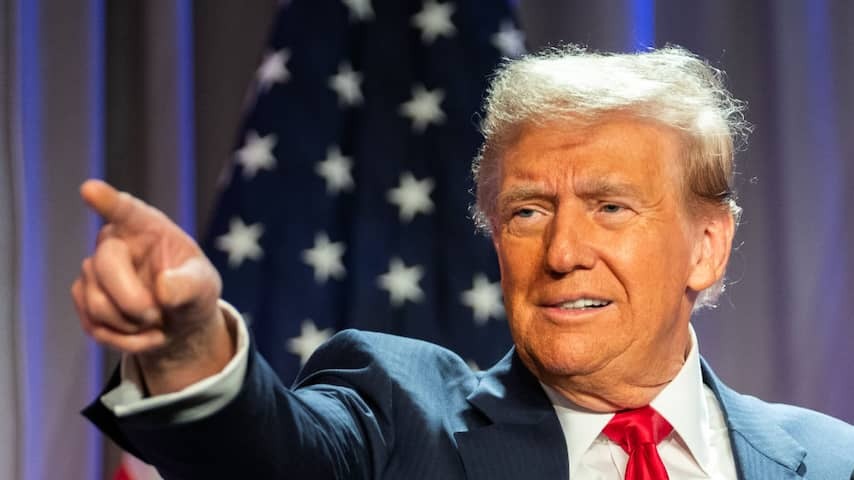
The American president Donald Trump has signed an order on Wednesday that denies citizens from twelve countries access to the United States. Partial restrictions apply to travelers from seven other countries.
Citizens from these countries will no longer be allowed access to the US from June 9. These are Afghanistan, Myanmar, Chad, Congo-Brazzaville, Equatorial Guinea, Eritrea, Haiti, Iran, Libya, Somalia, Sudan, and Yemen.
The ban would apply to these countries because “no good screening takes place there, there are many visa overstays or where identity and threat information is not shared,” says a White House spokesperson on X.
Partial restrictions apply to people from seven other countries, namely Burundi, Cuba, Laos, Sierra Leone, Togo, Turkmenistan and Venezuela.
Trump’s order has some exceptions. These apply, among other things, to people with a permanent residence permit, such as Afghans who have helped American troops and diplomats. Athletes participating in major sporting events, such as world cups, as well as their coaches and family members are also exempt.
Reason for entry ban is attack on protest march
Trump says the new entry ban was prompted by the attack on a Jewish protest march last Sunday in Boulder. According to Trump, the list of countries can be expanded if new threats arise elsewhere in the world. Countries can also be removed from the list if the government notes improvements.
In his first term, Trump also introduced an entry ban against seven countries. This was legally challenged for years, but was finally ratified by the Supreme Court in 2018. Trump’s successor Joe Biden immediately reversed the entry bans in 2021. He called them a “stain on our national conscience”.